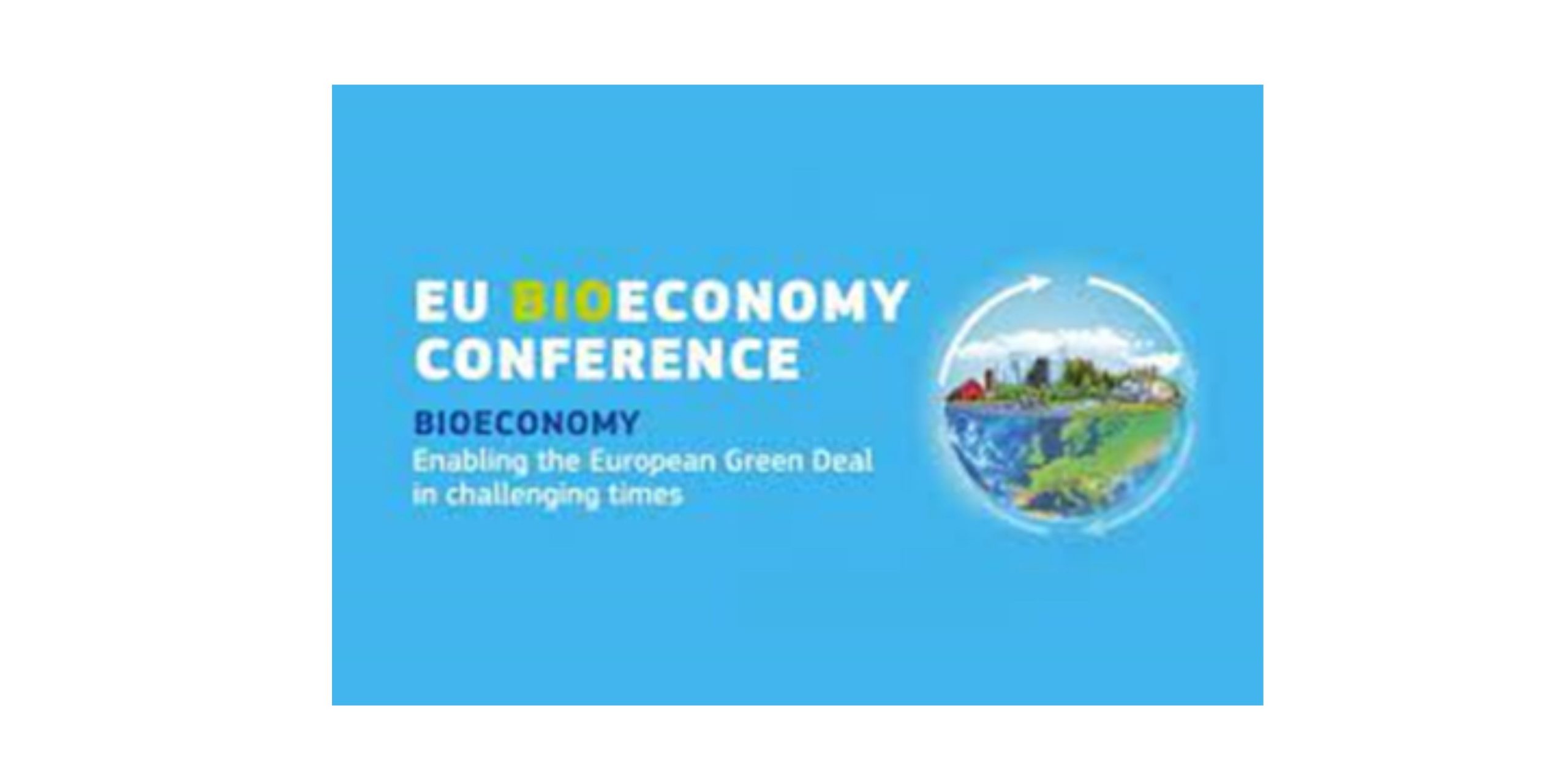The conference offered a platform for bioeconomy stakeholders to discuss the findings of the European Commission’s EU Bioeconomy Strategy Progress Report, adopted in June 2022, and highlighted the role of EU bioeconomy policy to enhance policy coherence and system thinking.
Speakers and participants supported the findings of the Bioeconomy Progress Report, particularly the need to close the gap between the sustainable supply and the demand of biomass. They also agreed on the following issues:
- The EU Bioeconomy Policy has already delivered concrete actions, and it is becoming increasingly important: Investments into bioeconomy research, innovations, and applications have been unlocked in the public and private domains; more and more Member States and regions have or are developing their own bioeconomy policies; and thanks to the Joint Research Centre’s Bioeconomy Monitoring System we now better understand the planetary boundaries in which the bioeconomy can sustainably operate.
- Analysing and resolving multiple pressures on land and sea: there is a need to develop a bioeconomy capable to address and resolve multiple trade-offs on the use of biomass and land (such as the insufficient supply of sustainably produced biomass against the growing demand for food, energy, and materials) on the basis of a holistic conceptual framework, such as a Biosphere Stewardship Strategy, proposed by Prof Rockström.
- Several conference sessions, in particular the forward-looking sessions on climate-neutral and biodiversity rich world and the bioeconomy in the context of Europe’s food and energy security stressed the importance of encouraging the move towards more sustainable consumption patterns.
Thematic sessions provided further feedback from speakers and participants on the following topics:
- The need for coherence of EU’s regulatory framework: Several industry representatives pointed out that the current EC regulatory framework limits the further scaling of bio-based industries and creates several barriers for European companies compared to their competitors from Asia, and North and Latin America.
- Mainstreaming the bioeconomy through several funding instruments: Member State representatives confirmed that increased investments into the deployment of regional and local innovative bioeconomy solutions in Central and Eastern Europe should be mainstreamed across several EU funding instruments.
- Increased ambition in international bioeconomy cooperation: in addition to the focus on European bioeconomy developments, international partners participated in the discussion and unanimously agreed that a global home is needed for the various interacting bioeconomy platforms.
Increased youth engagement: the participants and speakers enthusiastically welcomed the engagement of the EU Bioeconomy Youth Ambassadors throughout the conference. They urged the EC to continue working with the Ambassadors and to implement future joint activities, in line with the action plan the Ambassadors developed.
Source: European Commission I Research and Innovation (https://bit.ly/3EKqvUj)
